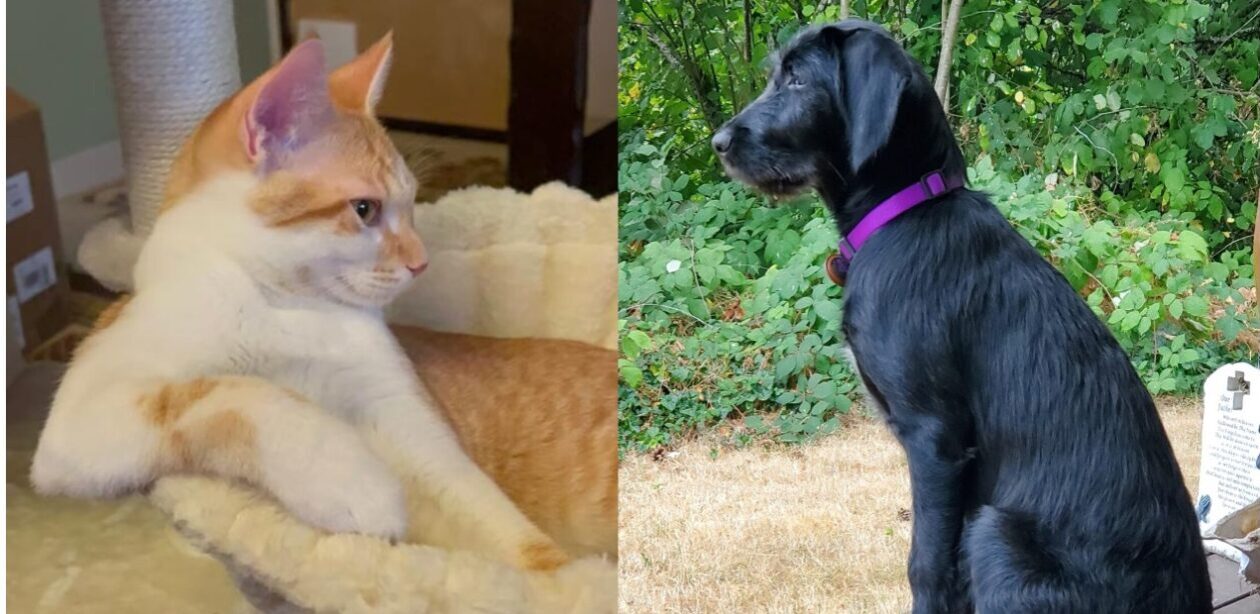Giardiasis is the most frequent cause of non-bacterial diarrhea in North America and the most commonly diagnosed intestinal parasite in humans in Oregon, with 600 to 800 cases reported each year. Giardia is a common cause of diarrhea in household pets, take it to your veterinarian for an examination.
Dogs and cats acquire the infection from the environment. Moisture is the biggest contribution–puddles, spongy areas in the yard, bird baths and fresh water sources. It used to be called “beaver fever” because when beavers were plentiful they would defecate in the water and animals and people downstream would get infected by the water and fecal route.
Sometimes the infection can be subclinical which means there are no symptoms. The clinical form ranges from flatulence to loose stools to vomiting and diarrhea. It is NOT easy to treat. Repeated treatments are often needed because of reinfection or the environment is still contaminated. Diagnosis is by an evaluation of the fecal sample microscopically and with an ELISA test.
People can get infection. And in rare cases they can get it from there pets. Yearly parasite checks are 100% needed in the Pacific Northwest.
How do I treat my pet for Giardia infection?
- If your pet has diarrhea that is not going away, seek veterinary care. Diarrhea has different causes and could result in dehydration or other serious problems.
- Diagnosis and treatment of Giardia infection must be done by a licensed veterinarian.
- No approved over-the-counter treatment is available for Giardia infection.
- Giardia can be passed in poop intermittently, and an animal may appear healthy or without signs of disease before it stops passing Giardia. Repeated poop tests may be necessary.
- Follow your veterinarian’s recommendations and take your pet to all follow-up appointments.
